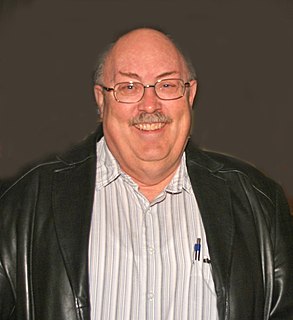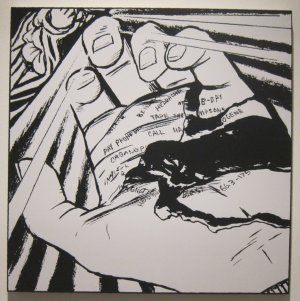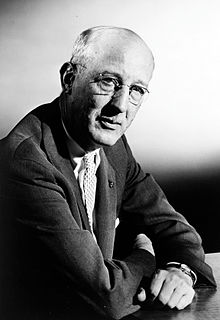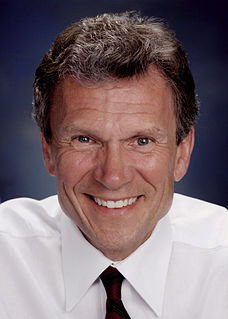A Quote by Russell Crowe
I suppose 'Gladiator' could be a Western - if you were writing your review in Athens, that is! To be honest, we didn't really think that way at the time. But there is common ground. And they both have horses - I liked that, obviously.
Related Quotes
Horses in the Book of Mormon would be another. You have relatively few mentions of horses, but there are some, and we don't know exactly how they were used; they don't seem to be all that common. Were they horses as we understood them, [or] does the term describe some other animal? Languages don't always and cultures don't always classify things the way we would expect. We have what we call common-sense ways of doing it. They're not common sense; they're just ours. But again, we don't have a strong case there. We're just problem solving there.
We had met with Ben Stiller here in LA when I was shooting The Ring and he was doing Meet The Fockers and we have friends in common. But we didn't know each other well. He's fantastic and we really had a great time on this and we were both laughing at where we were at, this other couple, and how it was mirroring what we were going through as well. It was clever writing in that way.
From the writer's point of view, critics should be ignored, although it's hard not to do what they suggest. I think it's unfortunate to have critics for friends. Suppose you write something that stinks, what are they going to say in a review? Say it stinks? So if they're honest, they do, and if you were friends you're still friends, but the knowledge of your lousy writing and their articulate admission of it will be always something between the two of you, like the knowledge between a man and his wife of some shady adultery.
There's this pet phrase about writing that is bandied around particularly in workshops about "finding your own voice as a poet", which I suppose means that you come out from under the direct influence of other poets and have perhaps found a way to combine those influences so that it appears to be your own voice. But I think you could also put it a different way. You, quote, find your voice, unquote, when you are able to invent this one character who resembles you, obviously, and probably is more like you than anyone else on earth, but is not the equivalent to you.
One thing I noticed over time is that if I got a bad review, usually the bad part of it was at the very end. I could tell that nobody read the whole review because they would just say, "It was great to see the review!" In a way, my brain shuts down at the end of an article. It doesn't really want to go to the end.
The Zen way of calligraphy is to write in the most straightforward, simple way as if you were a beginner, not trying to make something skillful or beautiful, but simply writing with full attention as if you were discovering what you were writing for the first time; then your full nature will be in your writing.
Nathan Bedford Forrest ... used his horsemen as a modern general would use motorized infantry. He liked horses because he liked fast movement, and his mounted men could get from here to there much faster than any infantry could; but when they reached the field they usually tied their horses to trees and fought on foot, and they were as good as the very best infantry. Not for nothing did Forrest say the essence of strategy was to git thar fust with the most men.
The people who review my books, generally, are kind of youngish culture writers who aspire to write books. When someone writes a book review, they obviously already self-identify as a writer. I mean, they are. They're writers, they're critics, and they're writing about a book about a writer who's a critic. So I think it's really hard for people to distance themselves from what they're criticizing.
Suppose there were an experience machine that would give you any experience you desired. Superduper neuropsychologists could stimulate your brain so that you would think and feel you were writing a great novel, or making a friend, or reading an interesting book. All the time you would be floating in a tank, with electrodes attached to your brain. Should you plug into this machine for life, preprogramming your life experiences?...Of course, while in the tank you won't know that you're there; you'll think that it's all actually happening...Would you plug in?
If I could leave this body with one wish, it would be that we never give up that search for common ground, .. The politics of common ground will not be found on the far right, or on the far left. That is not where most Americans live. We will only find it on the firm middle ground, based on common sense and shared values.




































